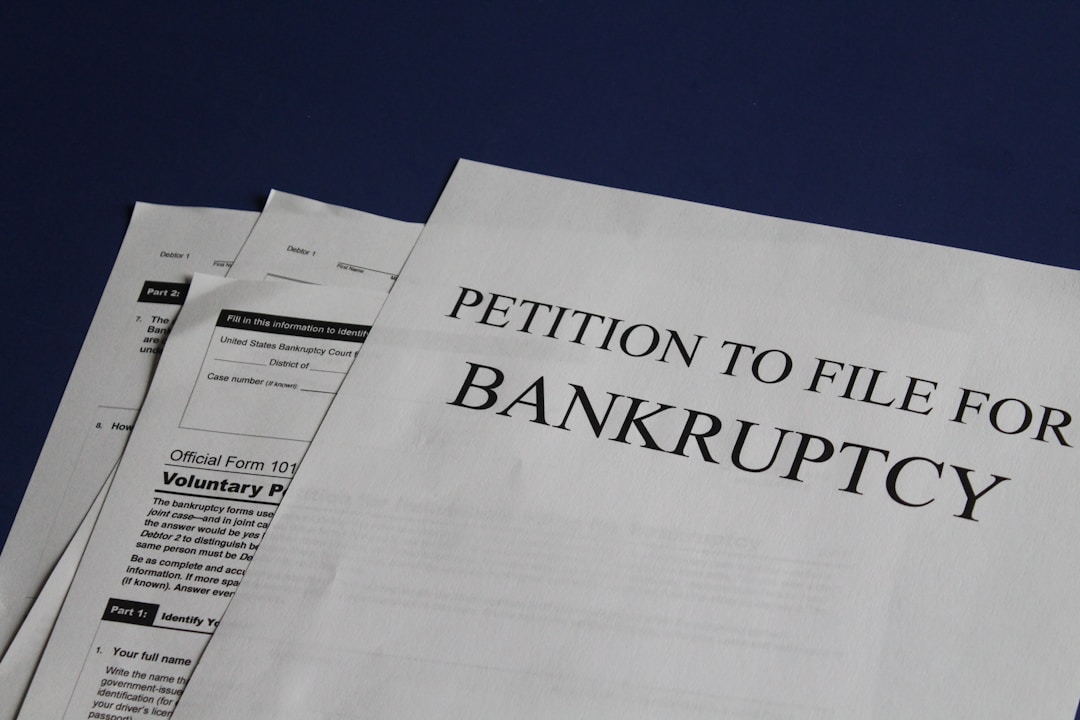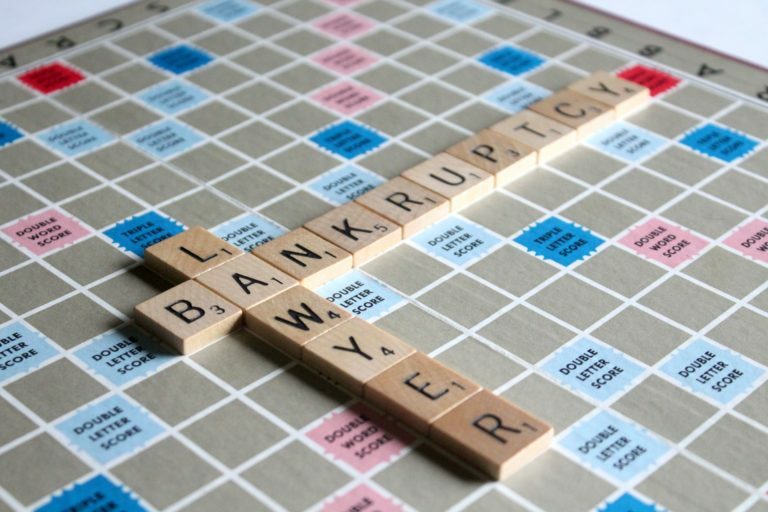Your first concern when needing medical treatment isn’t how much the bills will be. Getting healthy is your priority, but unfortunately, you may find yourself facing a difficult financial situation. Struggling to pay astronomical medical bills has been a growing problem for millions of adults in the United States. Lost wages, maxed out credit cards, and endless bills lead to dire financial problems that cause many to seek debt relief options.
Is bankruptcy a solution for medical debt?

Going through the bankruptcy process can offer some relief from medical debt, but a bankruptcy case can’t be limited to medical bills. Medical debt is considered non-priority unsecured debt because it’s dischargeable and, therefore, can be forgiven. The bankruptcy process is a long and tedious one that can be confusing and come with lasting credit implications. The best way to determine if bankruptcy relief is the best option for your financial situation is to seek legal advice from a bankruptcy lawyer.
Nick Thompson Bankruptcy Foreclosure Attorney has years of experience helping clients complete the filing process and regain financial freedom. Building a strong attorney-client relationship begins during your free initial consultation. This Louisville bankruptcy attorney will take the time to understand the scope of your financial problems and help you through the filing process. The ability to get a fresh start with your finances will give you peace of mind as you get back on your feet.
Pros and Cons of Filing Chapter 7 Bankruptcy

Filing for Chapter 7 bankruptcy will discharge certain types of debt, including medical debt. It provides immediate relief from debt collection, stops creditor calls and creditor harassment, and pauses eviction and foreclosure processes. Chapter 7 is a quick form of debt relief when drowning in medical bills. The filing process takes 90 to 120 days from the filing date to discharge the piles of bills that have caused you stress.
There are some drawbacks to filing for Chapter 7 bankruptcy. You could face the potential repossession of assets or the loss of your home. It does impact nonmedical debt such as credit cards and personal loans. This bankruptcy code will negatively affect your credit score for ten years. There is a possibility that Chapter 7 will impact your relationship with your primary care physician and make it more difficult to get medical treatment.
The best way to avoid unanticipated medical bills is to ensure you’re utilizing your health plan to the fullest. Innovative Health Plan (IHP) offers a medical management approach built on a strong client relationship and analyzing and understanding the health challenges they face. Their comprehensive medical management services are provided by a professional staff of health care providers who are experts in cost management issues. They offer utilization review, utilization management, disease management, and case management to help you maximize the full benefits of your health plan.
Pros and Cons of Filing Chapter 13 Bankruptcy

Filing for Chapter 13 bankruptcy is ideal if you have a regular source of income and aren’t facing a medical condition that impedes your ability to work. This path to debt relief helps you create a three-to-five-year debt repayment plan. You can determine affordable monthly payments, but you will be obligated to contribute disposable income towards your debts.
Your credit score will take a hit when you file for Chapter 13, but filing will only stay on your credit report for seven years. There are limitations to how much secured and unsecured debt you can include when filing this way. You are required to have a source of regular income to repay your loans. This bankruptcy code is beneficial for homeowners who are in foreclosure, as it prevents your lenders from including your home as collateral.
Debt relief can offer you a fresh start and a new handle on your finances. It’s a good idea to speak with a bankruptcy firm that can help you understand all of your options and get you on the path to financial freedom.








